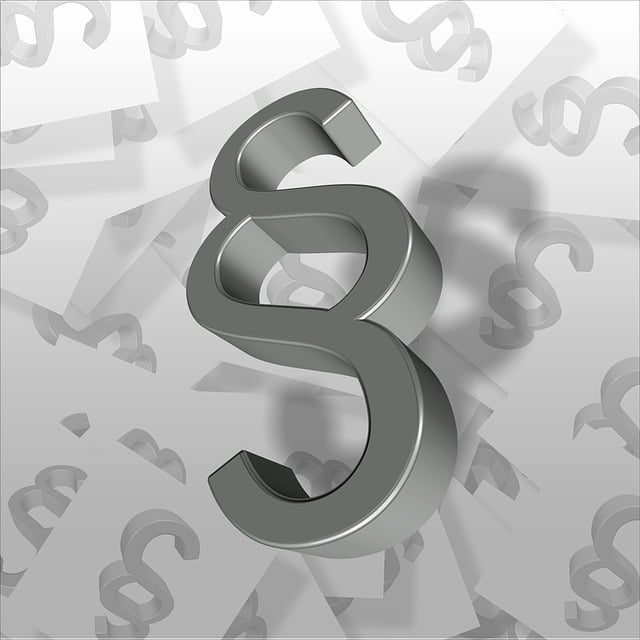Whistleblower protection lawsuits are a crucial mechanism for holding organizations accountable for unethical practices. This article delves into the legal framework surrounding these cases, exploring key aspects such as understanding whistleblower protections, navigating the challenges in meeting the burden of proof in court, and implementing effective strategies for success. By examining these elements, individuals seeking justice can enhance their chances of making a tangible impact through whistleblowing.
- Understanding Whistleblower Protection Lawsuits: A Legal Framework
- The Challenges in Meeting the Burden of Proof
- Strategies for Success in Whistleblower Cases
Understanding Whistleblower Protection Lawsuits: A Legal Framework

Whistleblower protection lawsuits are a legal framework designed to safeguard individuals who expose illegal or unethical activities within their organizations. These cases often involve complex dynamics, with plaintiffs facing significant challenges in meeting the burden of proof in court. The primary goal is to ensure that whistleblowers can come forward without fear of retaliation, which may include threats to their employment, reputation, or even personal safety.
Understanding the legal framework behind these lawsuits is crucial for both corporate and individual clients. The process often requires meticulous documentation and evidence to demonstrate the existence of wrongdoing and the whistleblower’s good faith efforts. Successful cases can lead to avoiding indictment and even complete dismissal of all charges, providing a powerful incentive for organizations to uphold ethical standards and protect their insiders who choose to speak out against corruption or fraud.
The Challenges in Meeting the Burden of Proof

Navigating the legal landscape of whistleblower protection lawsuits presents a unique set of challenges, particularly when it comes to meeting the burden of proof in court. This process often requires intricate knowledge and understanding of both the underlying facts and the applicable laws. Whistleblowers face the daunting task of proving their claims while dealing with complex legal procedures and strategies employed by their adversaries. The onus is on them to present compelling evidence, witness testimonies, and legal arguments that substantiate their allegations, which can be a formidable hurdle.
The challenges in meeting the burden of proof are multifaceted. First, whistleblowers must overcome the initial skepticism from judges and juries, who may require substantial evidence to believe their claims, especially when they involve sensitive or controversial topics. Additionally, the legal definitions and interpretations of ‘whistleblowing’ and its protections can be narrow, making it crucial for whistleblowers to meticulously document and present their case within these parameters. The dynamics of white-collar defense strategies, often employed by organizations accused in such cases, can further complicate matters. Philanthropic and political communities, while supportive of whistleblowers, must also ensure that the pursuit of justice does not lead to a complete dismissal of all charges, maintaining a delicate balance between protection and accountability.
Strategies for Success in Whistleblower Cases

Navigating whistleblower protection lawsuits involves unique challenges, particularly when it comes to meeting the burden of proof in court. Success often hinges on meticulous planning and execution. First, gathering comprehensive and irrefutable evidence is paramount. Whistleblowers should document all instances of suspected wrongdoing, including dates, locations, individuals involved, and relevant communications. This includes digital records, witness statements, and any policies or procedures that seem to be circumvented.
Another strategic consideration is understanding the respective business‘s internal dynamics and potential conflicts of interest. Exposing cultural or managerial obstacles that discourage employees from reporting illegal activities can strengthen a case. Additionally, seeking legal counsel experienced in handling such cases across the country is invaluable. Experts in this field can guide whistleblowers through the complexities of different state laws and ensure their rights are protected throughout jury trials.
Whistleblower protection lawsuits play a crucial role in fostering transparency and accountability within organizations. However, navigating the legal landscape can be challenging, especially when it comes to Challenges in Meeting the Burden of Proof in Court. Understanding the intricate legal framework, employing robust strategies for success, and presenting compelling evidence are essential steps for whistleblowers to ensure their voices are heard and justice is served. By arming themselves with knowledge and legal expertise, individuals can make a significant impact by exposing wrongdoings and revolutionizing corporate governance practices.






